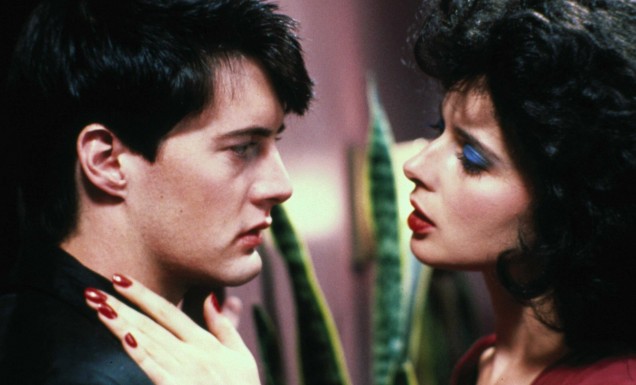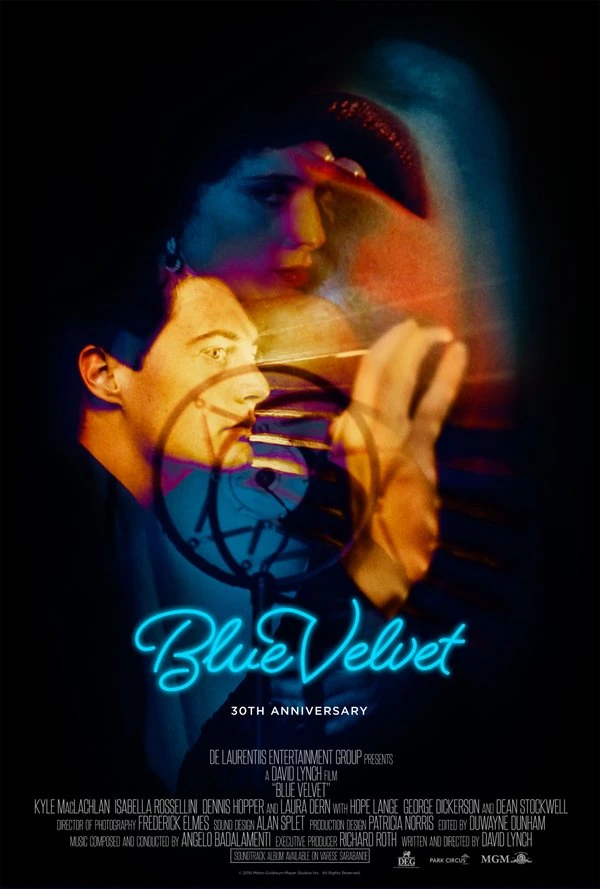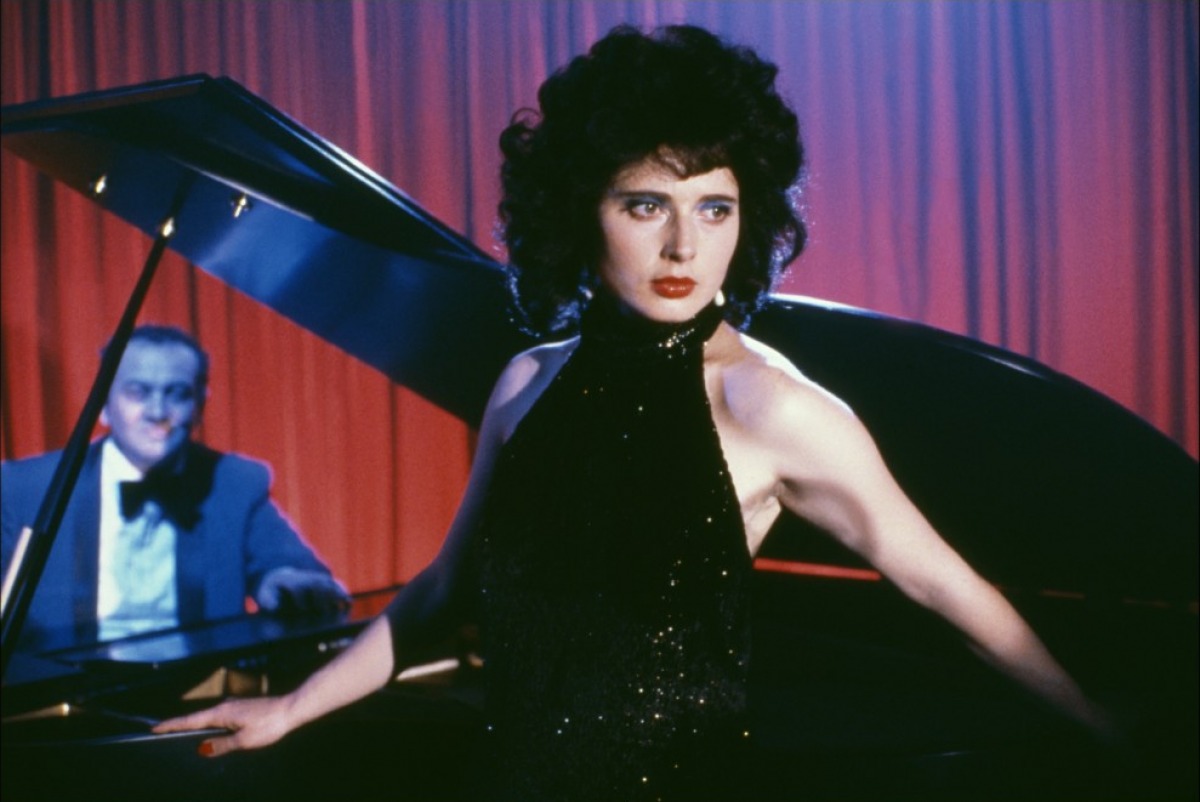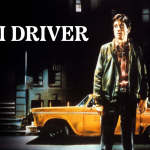Blue Velvet (1986)

Blue Velvet (1986) is a haunting and provocative film that has solidified its place as a cornerstone of American cinema. Directed by David Lynch, this neo-noir mystery thriller delves into the dark underbelly of suburban America, juxtaposing the idyllic façade of small-town life with the disturbing realities that lurk beneath. The story begins with college student Jeffrey Beaumont, played by Kyle MacLachlan, who returns to his hometown after his father suffers a stroke. While exploring the area, he stumbles upon a severed ear in a field, setting off a chain of events that leads him into a world of crime, corruption, and psychological turmoil.
As Jeffrey embarks on a quest to uncover the truth behind the ear, he becomes entangled with the enigmatic and alluring singer Dorothy Vallens, portrayed by Isabella Rossellini. Dorothy is caught in a web of violence and manipulation, controlled by the sinister criminal Frank Booth, played by Dennis Hopper in a career-defining role. Hopper’s portrayal of Frank is both chilling and unforgettable, embodying the raw energy and unpredictability that characterizes the film’s exploration of the human psyche. The relationship between Jeffrey and Dorothy serves as a focal point for the narrative, revealing themes of innocence corrupted and the duality of human nature.

The cinematography in Blue Velvet is striking, with Lynch using vivid colors and innovative camera techniques to create a surreal atmosphere. The film’s aesthetic contrasts the picturesque, sun-soaked scenes of suburban life with the dark and claustrophobic environments that represent the seedy criminal world. Lynch’s direction masterfully blends elements of horror, mystery, and psychological drama, immersing viewers in a nightmarish landscape that challenges their perceptions of reality.

The film’s score, composed by Angelo Badalamenti, further enhances its eerie ambiance, with haunting melodies that linger long after the credits roll. Blue Velvet is not merely a suspenseful thriller; it serves as a profound commentary on the nature of evil and the fragility of innocence. It invites audiences to confront uncomfortable truths about society and the complexities of human desire.

Overall, Blue Velvet is a masterclass in filmmaking, showcasing Lynch’s unique storytelling style and his ability to evoke powerful emotions through visual and auditory elements. Its impact on the film industry and popular culture is undeniable, influencing countless filmmakers and leaving an indelible mark on the landscape of American cinema. The film’s exploration of light and darkness, combined with its unforgettable performances, makes it a timeless classic that continues to resonate with audiences today.











